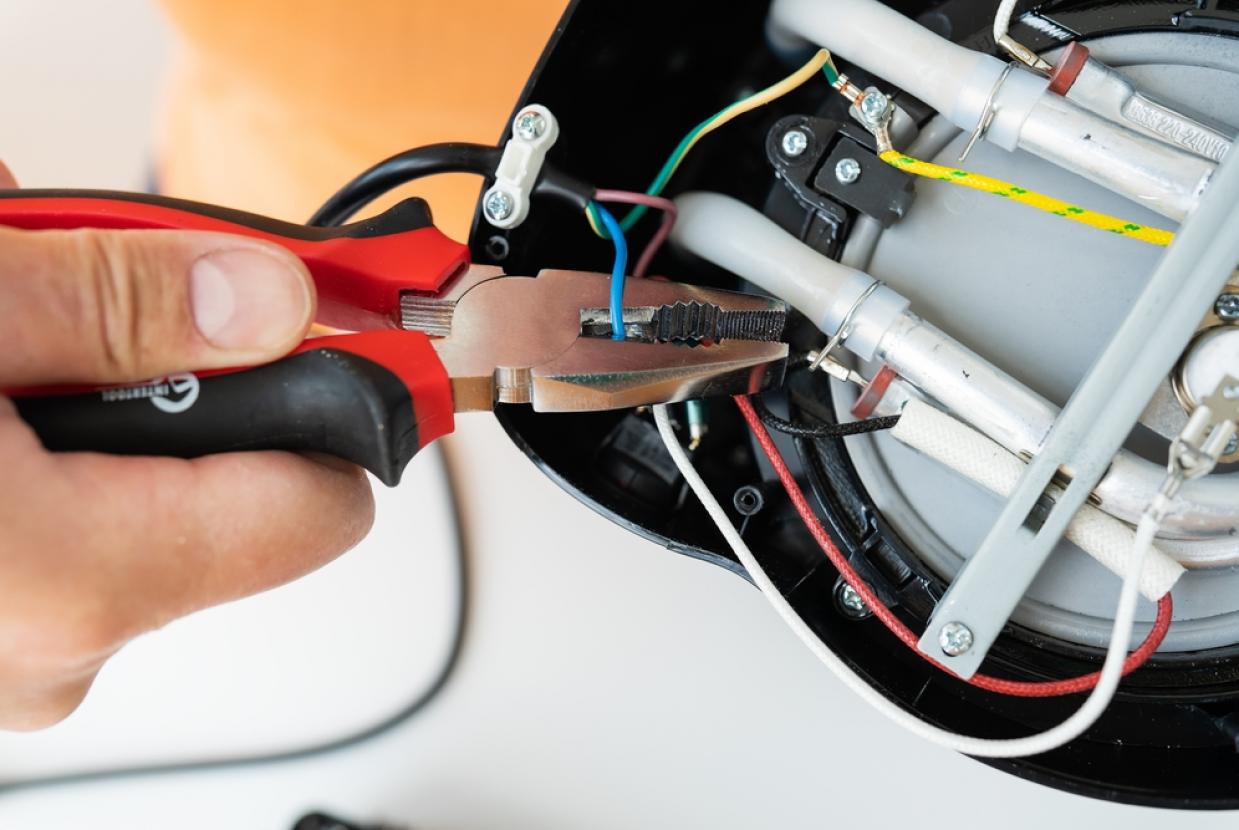What Is A 100% Mortgage?
Managing Your Money / SavingsSaving for a deposit can be a big hurdle when you're trying to buy your first home, but if you have a 100% mortgage you won’t need one. Find out more about how 100% mortgages work, and if one could be right for you.
How do zero deposit mortgages work?
Usually, when you apply for a mortgage, your lender will ask for a deposit of at least 5% of the price of the property. If you pay a deposit, the remaining percentage of the purchase price is your loan to value (LTV), for a 10% deposit your LTV would be 90%.
With a 100% mortgage, the bank or building society would offer you a mortgage on the full value of the property, with no deposit to pay. This doesn’t mean you won’t need to save up at all you’ll still need to cover fees for your solicitor, searches, surveyors, moving costs, and possibly a mortgage valuation fee.
Are 100% mortgages new?
Even though new 100% mortgages haven’t been widely offered for the last 15 years, they used to be quite common. They’ve hit the news recently because a new product has been released that offers a 100% mortgage without needing a guarantor.
How much can I borrow with a 100% mortgage?
Your lender will look at your income and spending before they accept you for a mortgage. Our Mortgage calculator can give you a quick estimate of how much you’d be able to borrow, even if you have no deposit.
Do I need a guarantor for a 100% mortgage?
It depends on your lender, but some 100% mortgages ask for you to have a guarantor. This is someone who would be responsible for paying your mortgage if you miss any payments. Your lender will look at your guarantor’s credit file and do affordability checks on them to make sure they can cover your mortgage payments on top of their own mortgage or any other debts.
Finding someone who trusts you to pay on time every month, and who fits the criteria to become a guarantor can be difficult. 100% mortgages are risky for the lender, because just like with any other mortgage, if you don’t make repayments, they can repossess your property and sell it to cover the cost of your loan, but if you didn’t pay a deposit then they could lose money if house prices fall.
Lenders who don’t ask for a guarantor have other conditions for people to qualify for 100% mortgages. This could be a history of paying rent and bills on time, or a ‘family deposit’ which is where someone related to you keeps a percentage of the property’s price in a savings account as a guarantee. A mortgage broker will be able to look at your circumstances to find which mortgages you’re likely to be accepted for.
Are 100% mortgages a good idea?
If you can’t afford to save for a deposit, a 100% mortgage could be a good option for you. Instead of spending money on rent each month, you could be building equity on your first home. You can use our Mortgage calculator to see if your monthly repayments would be less than your rent.
However, there are downsides to a 100% mortgage:
- If the value of your property goes down, you could go into negative equity. If you need to sell for any reason you could end up still owing the bank money if your home is worth less than you paid for it. This is a particular risk if you need to sell early on in your mortgage.
- Having a larger mortgage means you’ll spend more on interest than if you were able to save for a deposit.
- There are fewer 100% mortgages than more standard 90% or 95% mortgages so you’ll have less choice and could have a higher interest rate. It could be cheaper in the long run if you can save a deposit.
- You might need to look at cheaper properties because usually, your budget would be your deposit plus the amount your lender will offer you. When you get a mortgage with no deposit, you’ll have a lower budget.
- When you come to remortgage, you might not be able to access the best deals if your loan to value (LTV) is still high.
What happens if the value of my home drops?
If the value of your house or flat goes down, then you could end up in negative equity – that means you owe your lender more than your property is worth. When you want to remortgage, if you are trying to borrow more than the value of your home, you won’t be able to find a new deal, and you’ll move onto the standard variable rate (SVR). Being on an SVR mortgage means your monthly payments will usually be much higher than if you were on a fixed or tracker rate mortgage, and your payments could change each month.
What other help is available for first time buyers?
100% mortgages aren’t the only option to help you buy your first home. Our guide to government schemes for first time buyers has a list of all the ways you can boost your deposit or pay a smaller deposit with shared ownership and other schemes.













































